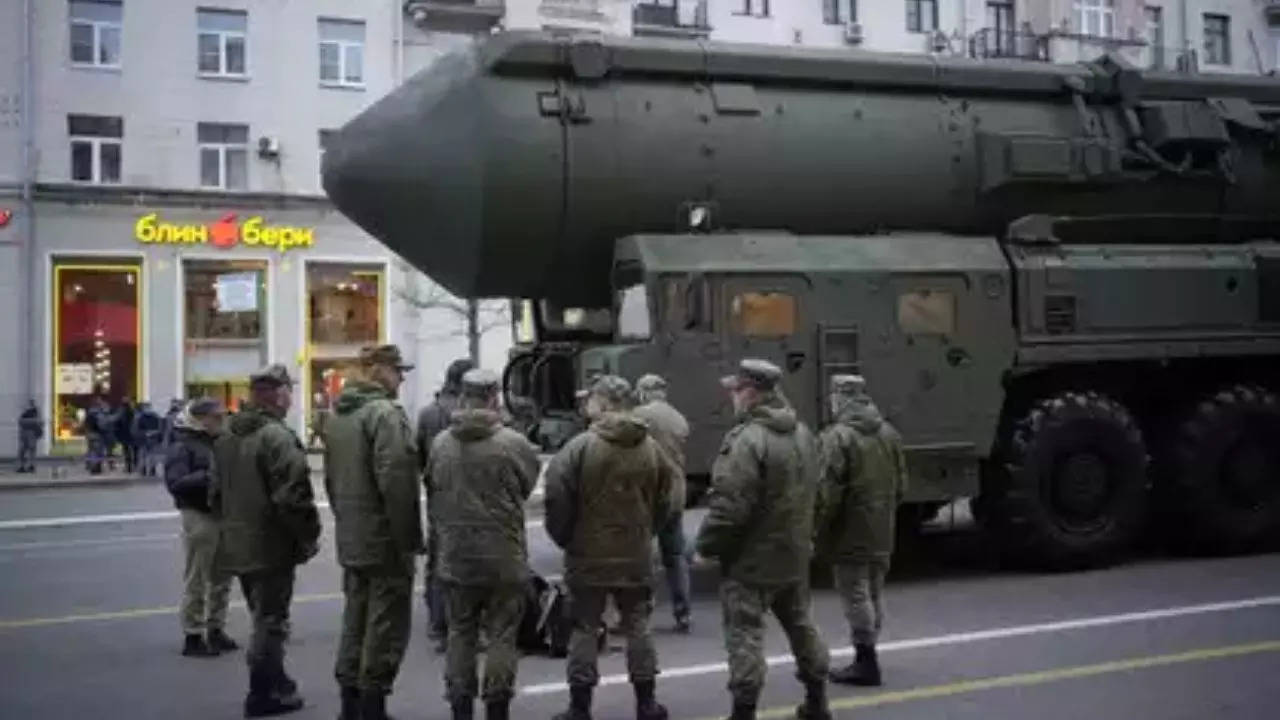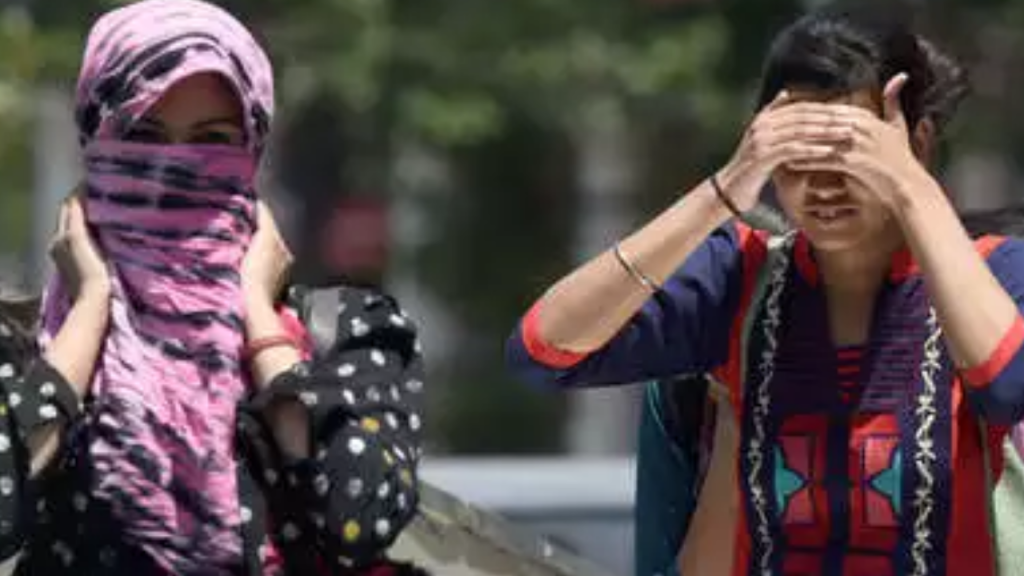After the fall of the Soviet Union, Ukraine inherited a significant nuclear stockpile. Despite possessing these nuclear weapons, Ukraine chose to give them up due to financial constraints and geopolitical risks. The 1994 Budapest Memorandum had promised security assurances to Ukraine, which were called into question when Russia annexed Crimea and backed separatists in Ukraine. The current Russia-Ukraine conflict underscores the security vulnerabilities faced by Ukraine in the absence of nuclear deterrence. The decision to relinquish nuclear weapons has left Ukraine exposed to external threats, raising concerns about its ability to defend itself effectively. This situation highlights the importance of international agreements and the need for reliable security guarantees in a rapidly evolving geopolitical landscape. Ukraine’s experience serves as a cautionary tale for other nations considering similar disarmament decisions. The country’s security challenges have sparked debates about the effectiveness of non-proliferation treaties and the role of nuclear weapons in maintaining peace and stability. As Ukraine navigates these complex security dynamics, the global community watches closely to see how the situation unfolds and what lessons can be learned for the future.

Posted in
JUST IN
Ukraine’s Nuclear Relinquishment and Current Security Vulnerabilities amid Russia-Ukraine Conflict: A Brief History.
In Trend

“India’s COVID-19 vaccination drive surpasses 100 million doses administered, a milestone in the fight against the pandemic”





















